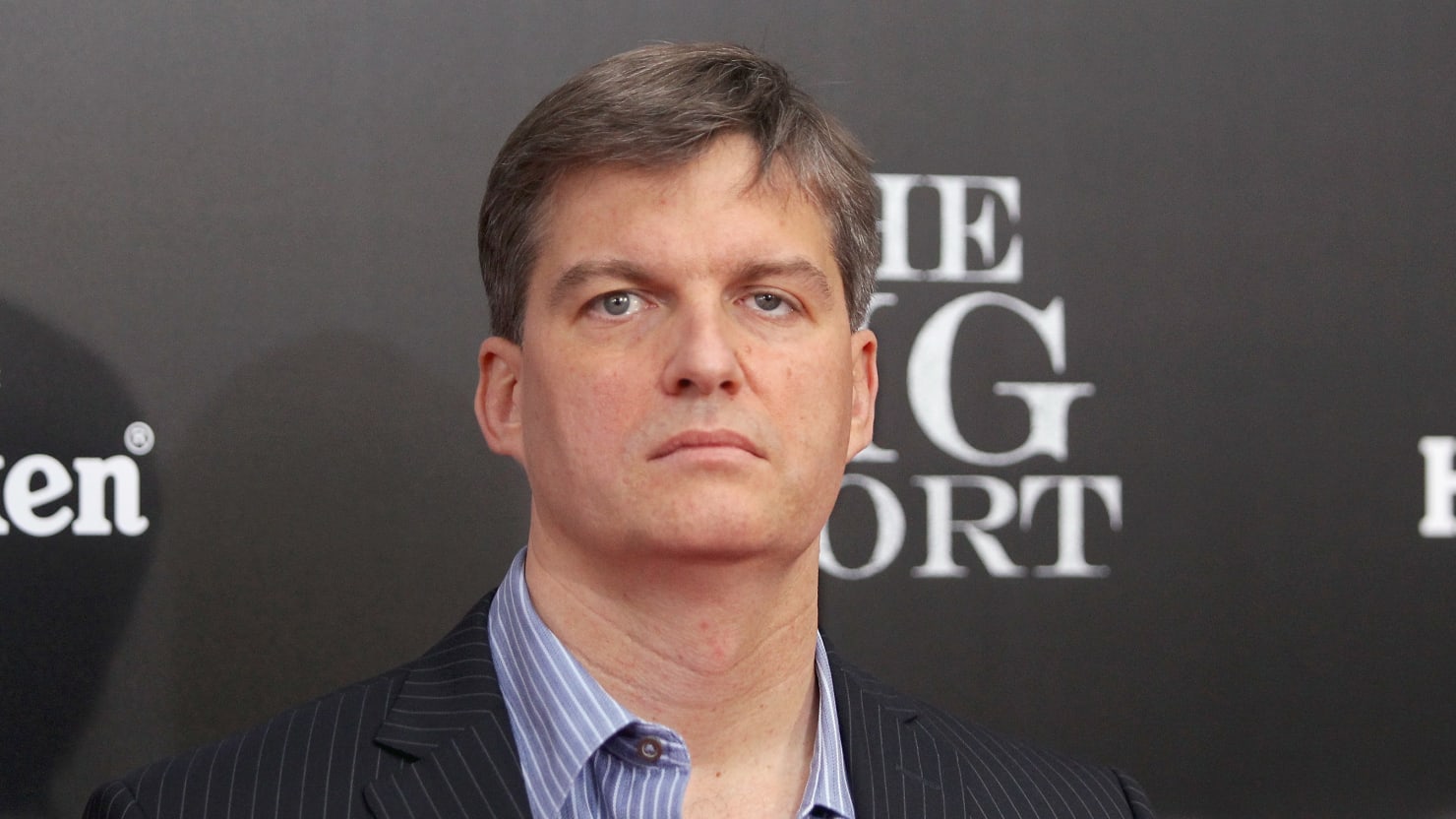Michael Burry, The Big Short investor famous for making big bucks by predicting the collapse of the housing market in 2008, just made another huge and risky bet.
According to Security Exchange Commission filings released Monday, Burry placed bearish bets against the S&P 500 and Nasdaq 100 totaling to $1.6 billion—more than 90 percent of his portfolio.

According to Security Exchange Commission filings released Monday, Burry placed bearish bets against the S&P 500 and Nasdaq 100 totaling to $1.6 billion—more than 90 percent of his portfolio.

âThe Big Shortâ Investor Bets $1.6 Billion on Stock Market Crash
According to Security Exchange Commission filings, Burry placed bearish bets against the S&P 500 and Nasdaq 100, putting more than 90 percent of his portfolio on the line.
www.thedailybeast.com
